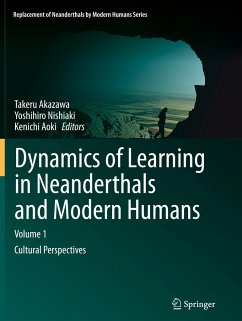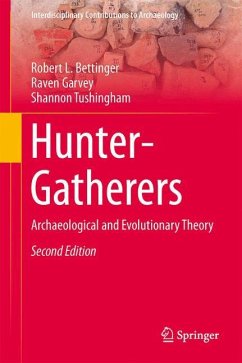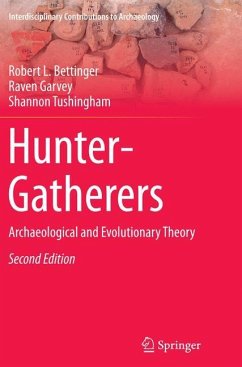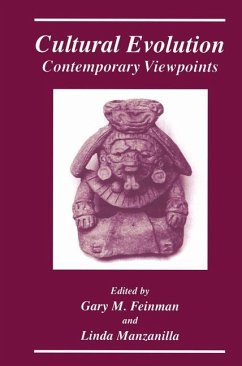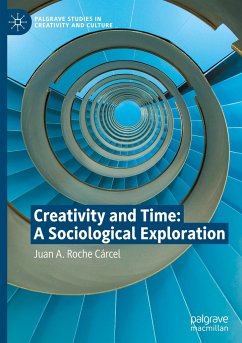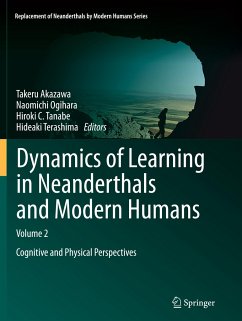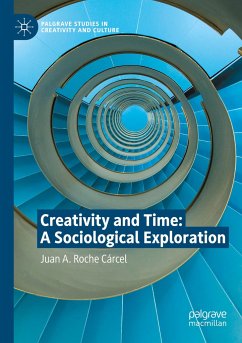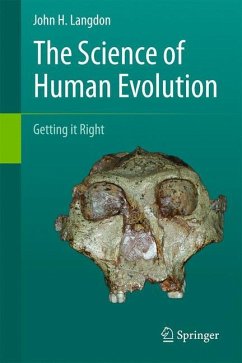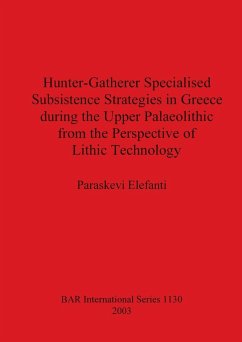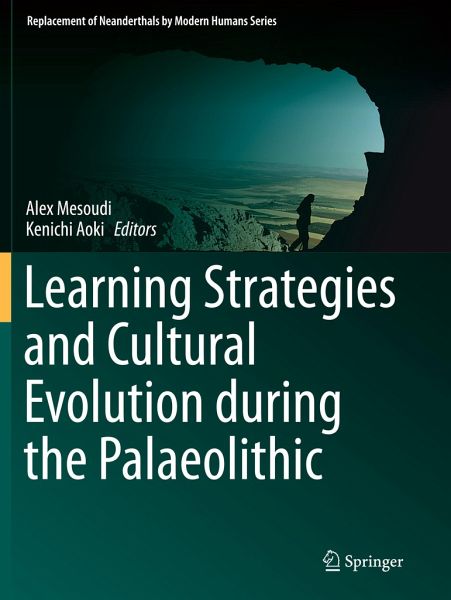
Learning Strategies and Cultural Evolution during the Palaeolithic
Versandkostenfrei!
Versandfertig in 6-10 Tagen
38,99 €
inkl. MwSt.

PAYBACK Punkte
19 °P sammeln!
This volume is motivated by the desire to explain why Neanderthals were replaced by modern humans, in terms of cultural differences between the two (sub-) species. It provides up-to-date coverage on the theory of cultural evolution as is being used by anthropologists, archaeologists, biologists and psychologists to decipher hominin cultural change and diversity during the Palaeolithic. The contributing authors are directly involved in this effort and the material presented includes novel approaches and findings. Chapters explain how learning strategies in combination with social and demographi...
This volume is motivated by the desire to explain why Neanderthals were replaced by modern humans, in terms of cultural differences between the two (sub-) species. It provides up-to-date coverage on the theory of cultural evolution as is being used by anthropologists, archaeologists, biologists and psychologists to decipher hominin cultural change and diversity during the Palaeolithic. The contributing authors are directly involved in this effort and the material presented includes novel approaches and findings. Chapters explain how learning strategies in combination with social and demographic factors (e.g., population size and mobility patterns) predict cultural evolution in a world without the printing press, television or the Internet. Also addressed is the inverse problem of how learning strategies may be inferred from actual trajectories of cultural change, for example as seen in the North American Palaeolithic. Mathematics and statistics, a sometimes necessary part of theory, are explained in elementary terms where they appear, with details relegated to appendices. Full citations of the relevant literature will help the reader to further pursue any topic of interest.



